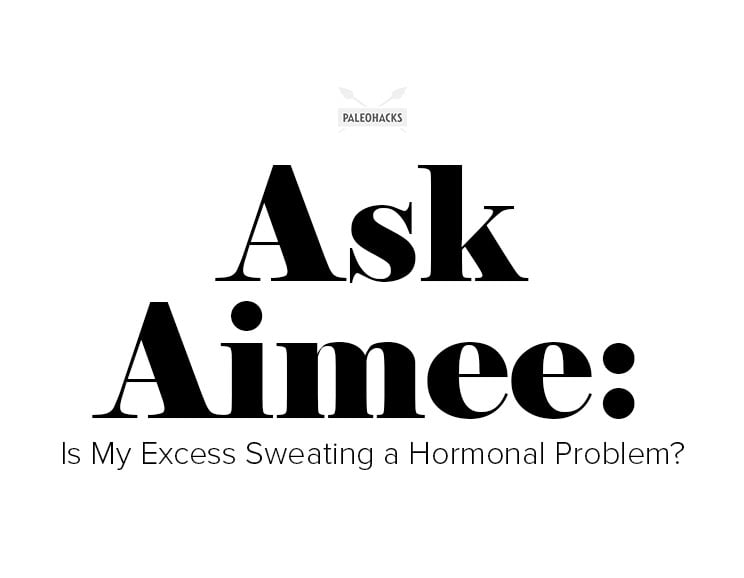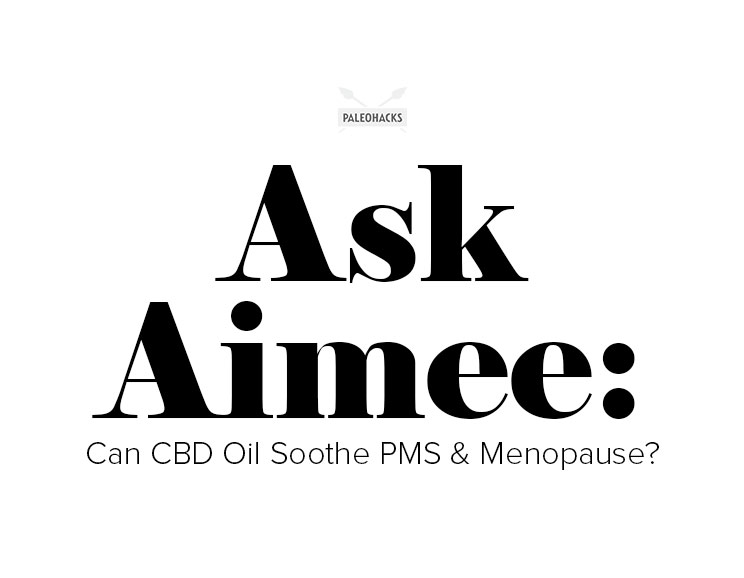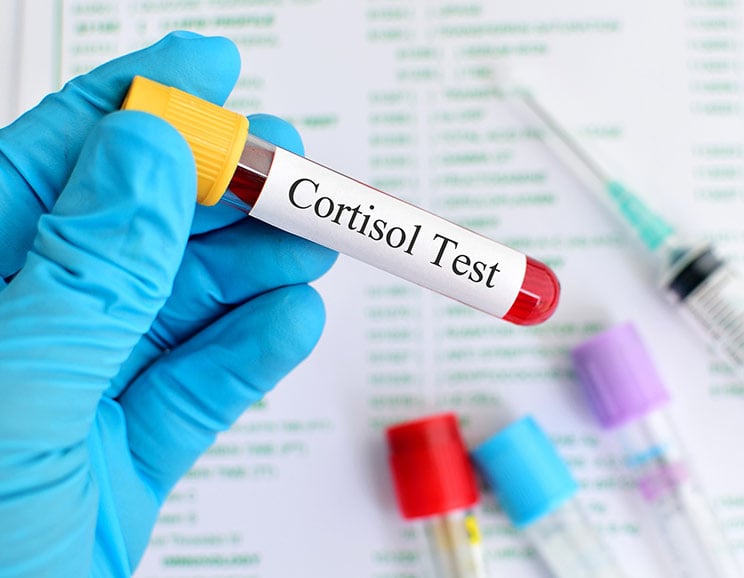Dear Reader,
Sweating is one of those things that we know can be healthy, but it’s also sometimes embarrassing or confusing. Sweating after a hard workout, sure – that makes sense! But when we start to sweat at different times, or we feel like the sweating goes on and on, it’s easy to wonder if it’s too much.
Some people naturally sweat more than others, and this is where the conflict comes in: Are you one of those types, or could you have an excessive sweating disorder (known as hyperhidrosis)? (1)
Struggling to lose weight? Unable to focus? Chances are, your hormones are out of whack.
Grab Our FREE Guide To Fixing Your Hormones By Clicking Here!
If you typically sweat after a hard workout or in response to hot temperatures, even if it’s more than other people, you likely don’t have a disorder. But if you sweat in response to odd triggers like sleeping, slight exertion, or stress, you might have a hormone imbalance that’s leading to a sweating disorder. If you only sweat from certain areas, that could be a sign that your body’s sweat response is being driven by something other than the need to cool your body temperature.
Excessive sweating isn’t only caused by hormone imbalances, but they’re a major factor. Almost five percent of all Americans have a sweating disorder, with many causes rooted in hormones. (2, 3) Other common causes of excessive sweating include genetics, medication side effects, or obesity. In rarer cases, the sudden onset of excessive sweating can be a sign that something is off with your heart or blood sugar, so if symptoms suddenly set in, it’s time to check with your doctor. (4)
There are a few different hormone-related causes of excessive sweating, like: (5)
- Anxiety and stress. If you’re under a lot of pressure, your body might over-respond with sweat. It might even mess with your stress hormones cortisol or epinephrine.
- Thyroid problems. Too much sweating can be a symptom of an overactive thyroid or Graves’ disease.
- Menopause. If you’re over 40, perimenopause or menopause can lead to sudden hormone shifts that can cause sweating, hot flashes, and other hormone fluctuations.
- Menstrual issues. If your cycle is as irregular as your sweating patterns, your reproductive hormones could be to blame.
It can be hard to pinpoint the cause of hormone-related sweating without getting several different labs drawn. However, if your sweating is becoming an excessive problem, it’s worth a conversation with your doctor to see what’s happening with your hormones. It’s even possible that you’re battling a cascade of hormone conditions, such as menopause that triggers a thyroid imbalance.
Hormone testing might feel daunting, but when you consider that hormones are biomarkers of overall wellness, it can be an exciting way to discover a pathway to better health. Tests that might be run if you’re dealing with excessive sweating rooted in hormone causes may include:
- Free T3 and Free T4. These thyroid hormones might be elevated.
- Estrogen. Female reproductive hormones may be high if you’re in perimenopause, menopause, or are having cycle irregularities. Get both forms of estrogen (estradiol and estrone) tested if you’re over 35.
- Cortisol. When this hormone slips out of a healthy circadian rhythm, it can lead to more symptoms of stress.
- Testosterone. Both men and women have this sex hormone, and when low, it can cause excess sweating.
So what happens if you get hormones tested and find out that something is out of balance? Integrative and functional doctors are highly skilled at sorting out the root causes of hormonal imbalances. Protocols might include supporting gut health to reduce inflammation, bioidentical hormone replacement, or lifestyle alterations to restore hormonal balance.
In the meantime, there are some natural ways that can help reduce the stress and discomfort from excessive sweating until you get answers as to what’s causing it.
First, it’s important not to try to cover your sweating with tight fabrics or specialized materials that are meant to keep it in. Wear light, breathable clothing, like cotton, and steer clear of colors like blue and gray which can show more signs of sweat.
Next, shower every day. This keeps your skin free from the bacteria that might be aggravating your sweat glands. This might not be as effective if your sweating is driven from an internal, hormone-based cause, but it can help you get a hold on the situation.
If you’re worried that your sweating is more than normal, check in with your doctor and ask for some hormone evaluations. If you get the green light that your hormones are where they should be, then you can explore other causes.
Talk soon,
Aimee McNew, Certified Nutritionist, MNT



 3-Ingredient Tahinomelo Recipe (Honey Tahini Spread)
3-Ingredient Tahinomelo Recipe (Honey Tahini Spread)






Show Comments